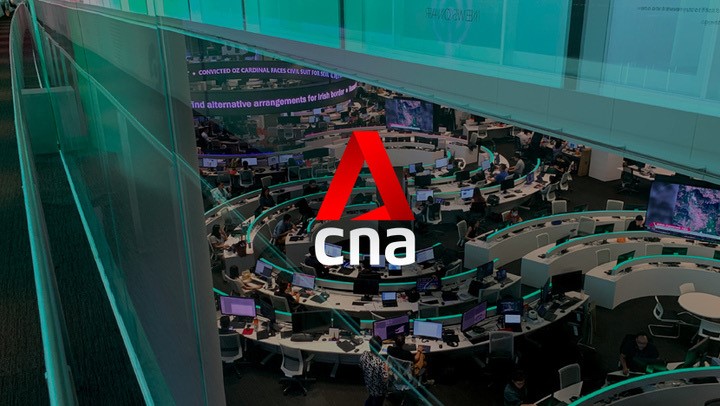NEW YORK (AP) — On Friday, oil prices jumped for a second day as the market reacted to lower US stocks. The market was further bolstered by signs of robust Asian demand from both China and India.
By 1:12 p.m. ET, Brent crude oil futures were up US$1.49, or 2%, to US$75.60 a barrel (1712 GMT). US West Texas Intermediate futures were trading at US$74.61, up US$1.67, or 2.3 percent. “The market is coming to terms with the historic decline in US oil stockpiles, as well as the low prospects of Iranian oil returning to the market,” said Phil Flynn, senior analyst at Chicago-based Price Futures Group. Despite major daily changes, prices on both sides of the Atlantic were on course to remain mostly unchanged this week. The failure of output talks between the Organization of Petroleum Exporting Countries (OPEC) and allies, including Russia, known as OPEC+, knocked on prices early in the week. The US Energy Information Administration reported on Thursday that crude and gasoline stocks decreased, while gasoline demand hit its highest level since 2019, indicating increased economic growth.
According to Stephen Brennock of oil broker PVM, “a positive EIA stock report helped the oil market bounce into the black.”
“The oil markets in the United States are clearly constrained. However, the only way to avoid greater losses is to minimize the possibility of an OPEC+ price war “Added he. Worries that members of the OPEC+ group would be tempted to forsake output limitations set during the COVID-19 pandemic curbed gains in oil prices, with talks breaking down due to a deadlock between key producers Saudi Arabia and the United Arab Emirates. The two Gulf OPEC allies are at odds over a proposed accord that would have increased oil supply.
OPEC+ sources said on Wednesday that Russia was attempting to mediate in an effort to reach an agreement to increase output. The US held high-level talks with Saudi Arabian and UAE officials on Tuesday, according to the White House. “Price wars are usually always short-lived — no one wins in the long run,” Rystad Energy, a consultancy, wrote in a note. “It is in the (OPEC+) group’s interest to provide the UAE and other supply hawks some leeway to produce a little more within the confines of the pact.” Oil prices were also pushed down by the global spread of the Delta coronavirus type and concerns that it could stymie global economic recovery. (Yuka Obayashi and Noah Browning contributed additional reporting.) David Goodman, Kirsten Donovan, and Cynthia Osterman edited the piece.)/n


